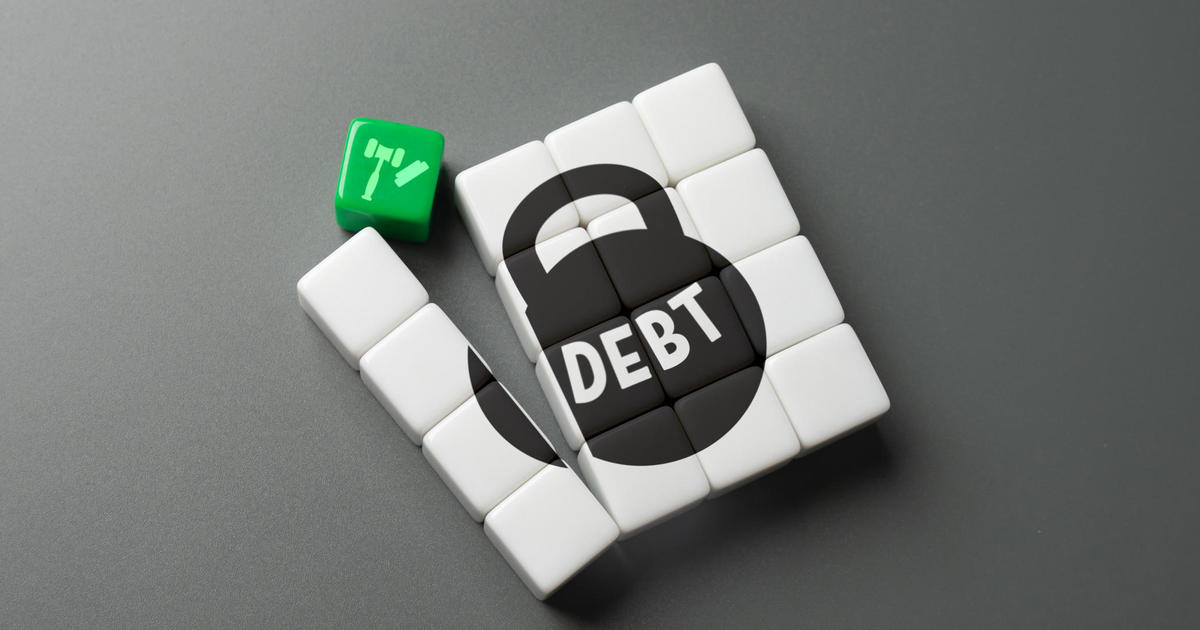Smart ways to get your kids started with credit cards
- Only about one in 10 parents give their children credit cards
- But doing so can help them get a head start on generating their credit scores to build wealth down the line
- Parents worried about kids overspending have several ways to prevent that from happening
One in five parents with credit cards said their children have made unauthorized purchases, lending credence to concerns that adolescents will run wild on shopping sprees or rack up in-game Fortnite purchases. But it doesn't have to be that way. Parents who want to help their children handle money responsibly and build wealth early can start by adding adolescents as authorized users to their accounts.
However, only about one in 10 parents of adolescents in the U.S. give their children credit cards or add them to the parents' accounts, according to a CreditCards.com survey. And given that about one in five Americans don't have enough credit history to earn a credit score, parents wouldn't want their children to end up in that group because they could get shut out of lending and housing opportunities later down the line.
Children are twice as likely to carry plastic if their parents are higher-earners, with household incomes of $50,000 or more per year. The survey also found regional variations, with 13 percent of parents living in the Northeast reporting that at least one of their children has a credit card, versus 8 percent in the South and 5 percent in the Midwest.
"So long as your credit record is good, that will transfer to your kids and really help them," said Ted Rossman, industry analyst at CreditCard.com.
Credit card training wheels
Parents who are worried about their children overspending can provide a lot of training wheels, Rossman said. They can look into credit cards with limits on spending or start out with prepaid debit cards. Parents can also screen spending by setting up alerts for purchases or by cutting out certain stores.
Giving children credit cards early on is also a good opportunity to teach them how to manage money in a digital age, instead of relying on the $5 weekly allowance in cash. "Kids now live in a plastic-first environment, so it's good to expose kids to plastic appropriately," said Rossman.
At the same time, more than half of parents will give their children cellphones, though in the digital age, that may be the same thing: "Parents need to be aware that if high schoolers have a cellphone, that impacts finances as well," said Rossman. "Even if they don't have a credit card, they might have your credit card stored on Amazon or an app."



